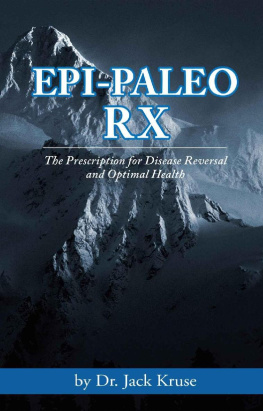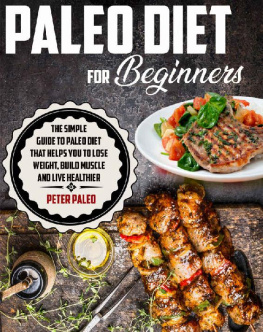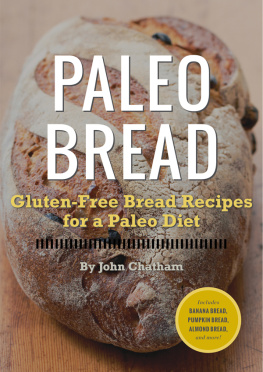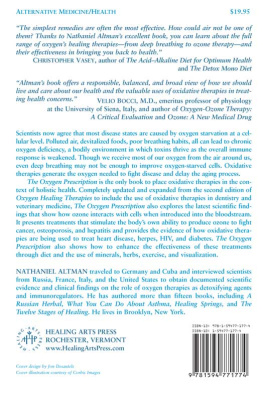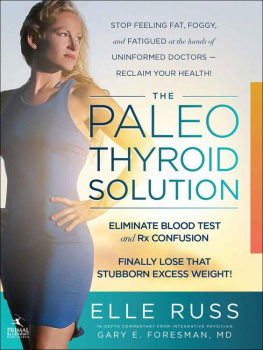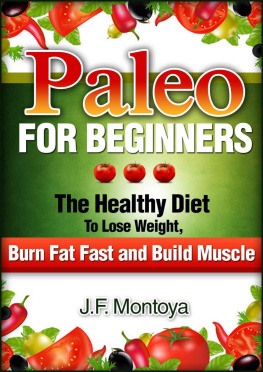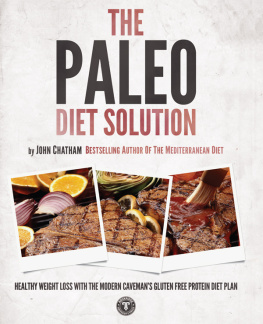THE EPI-PALEO RX
The Prescription for Disease Reversal
and Optimal Health
By Dr. Jack Kruse
The Epi-paleo Rx
Copyright 2013 Dr. Jack Kruse. All rights reserved.
No part of this publication may be reproduced, stored in a retrieval system, or transmitted in any form or by any means, electronic, mechanical, photocopying, recording, scanning or otherwise, except as permitted under Sections 107 or 108 of the 1976 United States Copyright Act, without either the prior written permission of the Publisher.
LIMIT OF LIABILITY/DISCLAIMER OF WARRANTY: WHILE THE PUBLISHER AND AUTHOR HAVE USED THEIR BEST EFFORTS IN PREPARING THIS BOOK, THEY MAKE NO REPRESENTATIONS OR WARRANTIES WITH RESPECT TO THE ACCURACY OR COMPLETENESS OF THE CONTENTS OF THIS BOOK AND SPECIFICALLY DISCLAIM ANY IMPLIED WARRANTIES OF MERCHANTABILITY OR FITNESS FOR A PARTICULAR PURPOSE. NO WARRANTY MAY BE CREATED OR EXTENDED BY SALES REPRESENTATIVES, WRITTEN SALES OR PROMOTIONAL MATERIALS. THE ADVICE AND STRATEGIES CONTAINED HEREIN MAY NOT BE SUITABLE FOR YOUR SITUATION. THIS BOOK IS SOLD WITH THE UNDERSTANDING THAT THE PUBLISHER IS NOT ENGAGED IN RENDERING MEDICAL, LEGAL, ACCOUNTING, OR OTHER PROFESSIONAL SERVICES. YOU SHOULD CONSULT WITH A PROFESSIONAL WHERE APPROPRIATE. NEITHER THE PUBLISHER NOR AUTHOR SHALL BE LIABLE FOR ANY LOSS OF PROFIT OR ANY OTHER COMMERCIAL DAMAGES, INCLUDING BUT NOT LIMITED TO SPECIAL, INCIDENTAL, CONSEQUENTIAL, OR OTHER DAMAGES.
ISBN 978-0-9890577-0-7
Published by:
Optimized Life PLC
Dr. Jack Kruse
kruseschedule@gmail.com
jackkruse.com
T ABLE OF C ONTENTS
A BOUT T HE A UTHOR
DR. JACK KRUSE
Dr. Jack Kruse is a respected neurosurgeon and CEO of Optimized Life, a health and wellness company dedicated to helping patients avoid the healthcare burdens we typically encounter as we age. He is a member of the American Association of Neurological Surgeons, the Congress of Neurologic Surgeons, and Age Management Medicine Group.
As a neurosurgeon, Dr. Kruses research has been published in respected dental and medical journals. His popular blog, www.JackKruse.com, gets over 150,000 unique worldwide visitors per month from countries like Australia, Germany, Russia, and Zambia (Africa).
I NTRODUCTION
Until the late 1800s, the leading causes of death were infectious diseases-tuberculosis, pneumonia and syphilis. We can credit antibiotics and other developments for limiting their risk of death.
However, chronic Neolithic diseases such as cancer, Alzheimers disease, heart disease and others are now the leading causes of death, despite improvements in sanitation and personal hygiene. While we successfully battled infectious diseases, we allowed industrialized food and corporations to marginalize small farmer and lower the quality and nutrient density of food.
These food conglomerates favor industrial seed oils due to their lower costs. As heart attacks became the number-one cause of death in the 40s and 50s, the lipid hypothesis, which links heart disease to saturated fat, took root and campaigns promoting these profitable seed oils began.
The lipid hypothesis became medical dogma, cemented it in the national consciousness by the USDA Food Pyramid and media attention. This is well chronicled in many books, including Good Calories, Bad Calories by Gary Taubes, Micheal Pollans In Defense of Food, and Anthony Colpos book The Great Cholesterol Con, a book that challenges everything you think you know about heart disease.
During my first class in medical school, one of my biochemistry professors told us he was required to teach the lipid hypothesis even though he believed the data was badly flawed. In those days we received less than 10 hours of nutrition lectures in medical school. This was chronicled in 1985 in a landmark paper called Nutrition Education in U.S. Medical Schools by the National Research Council. Because of that paper and my teachers warning, I read about nutrition on my own. I went to the biochemistry department to speak with several doctoral students about and they gave me a book called Pure, White and Deadly by John Yudkin, MD. I remember reading it and realizing I was eating everything Yudkin said not to. The book was radical compared to how I was brought up to think about foods. Unfortunately, I forgot about my teachers talk during my remaining years in medical school. The first two years of learning about the human body in medical school are like drinking water from an open fire hydrant. Even an optimal brain will forget details due to the shear volume of data, yet these first two years are when physicians learn 95 percent of the basic science that underpins the practice and art of medicine. My teachers comments registered but were not clinically significant at the time-I was only concerned about excelling on the exam.
After my internship year in general surgery, I began to see the wisdom in my teachers words. The dogma surrounding medicine is hard to fathom until you have lived through it first hand. I am at a loss as to why more physicians do not question many of the beliefs shoved down our throats when the treatments are clearly ineffective.
However, I kept these concerns to myself because I didnt want to rock the boat as a resident and was in no position to change anything. Instead, I was hoping to complete a mentally, physically, and emotionally brutal neurosurgery postdoctoral program. At that time, survival meant more than finding ultimate truths.
During my fifth year of residency I caught a breather during a short stint of clinical research and realized how the system enforces dogma. I listened to a talk by a seasoned vascular surgeon about the causes of atherosclerosis. In the first part of his lecture, he implicated saturated fats and oxidized cholesterol as the culprits of the disease. But during the latter half, he said as he had gotten older he realized the disease he made a career of could not be cured by surgery. In fact, he said it could not be cured by medicine at all because of money, politics, and the industrial food complex, and because medicine had become lazy about distinguishing between causation and correlation in published research. His final slide pointed the gun directly at a declining diet in the United States over the last 100 years as a cause for heart disease.
This talk watered the seed my earlier teacher had first planted. I spoke to this vascular surgeon at length during the last 18 months of my neurosurgical training. Shortly thereafter, an article appeared in the Atlantic called Lies, Damned Lies, and Medical Science. In this article, Professor John Ioannidis, MD, PhD questioned whether drug companies manipulated published research to make their drugs look good. These drugs and treatments form the backbone of allopathic medicine. This article forced me to question much of what I had been taught about medicine, and how business, money, and politics affected medical decisions.
I then searched for evidence to support my intuition. I looked at the top 10 causes of death and the top market caps of medical stocks. The results were startling. It appeared the explosive growth of Neolithic diseases that killed millions of Americans and Europeans were linked to who profited from them. These were the statistics I found then:
The Top Ten Causes of Death In The United States of America
1. Heart disease: 652,486
2. Cancer: 553,888
3. Stroke: 150,074
4. Respiratory Disorders: 121,987
5. All Accidents: 112,012
6. Diabetes: 73,138
7. Alzheimers: 69,965
8. Influenza and pneumonia: 59,664
9. Kidney failure: 42,480
10. Blood poisoning: 33,373
Then I reviewed the market capitalization of stocks for the business that provided bullets for the war on these diseases. Generally, those who fare best in wars are those who stay neutral and sell their products to both sides. I found the revenues of giant multinational corporations that produce a large chunk of the worlds pharmaceuticals, chemicals, and agrochemicals rose exponentially along with Neolithic diseases.
Next page
